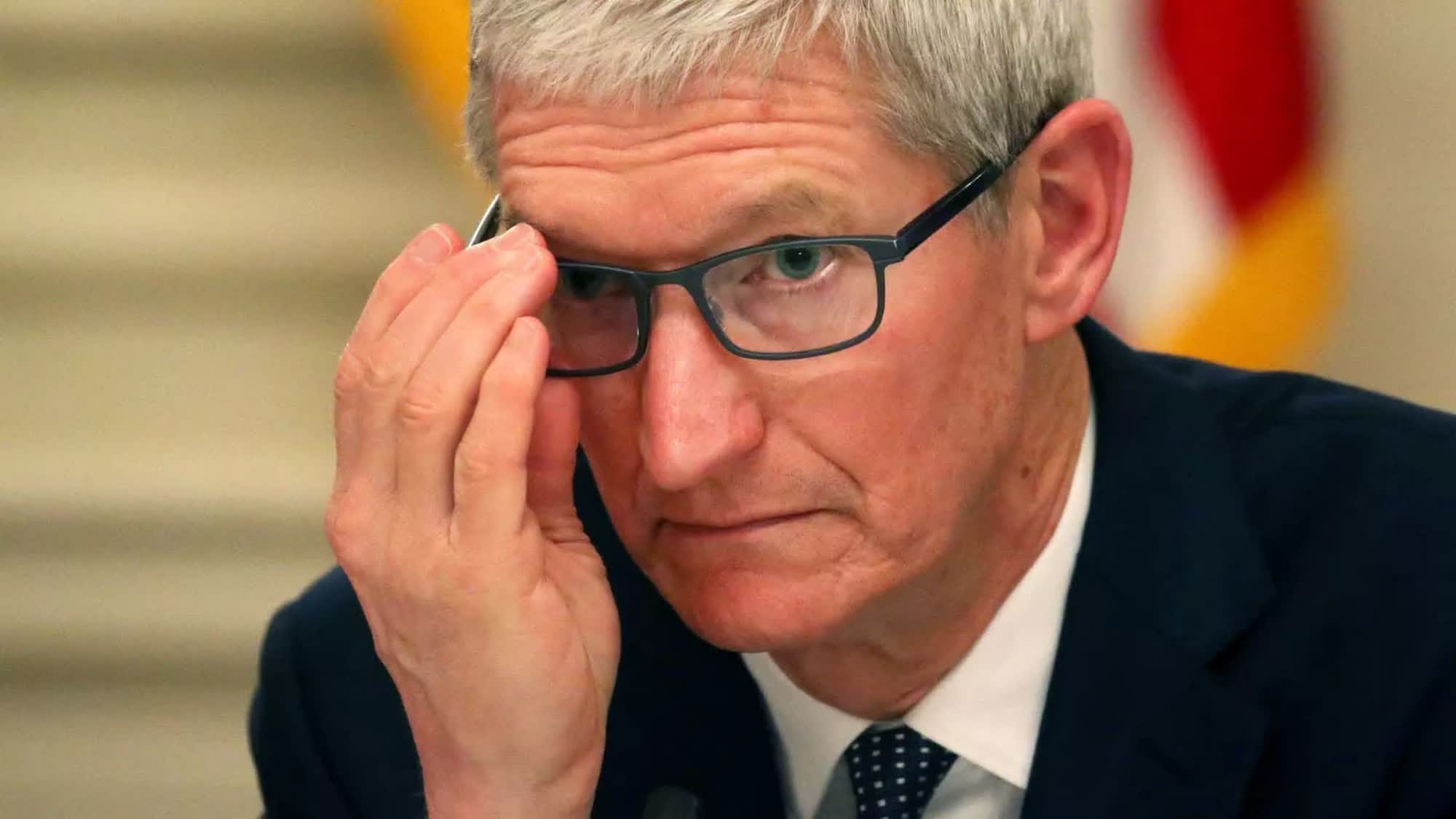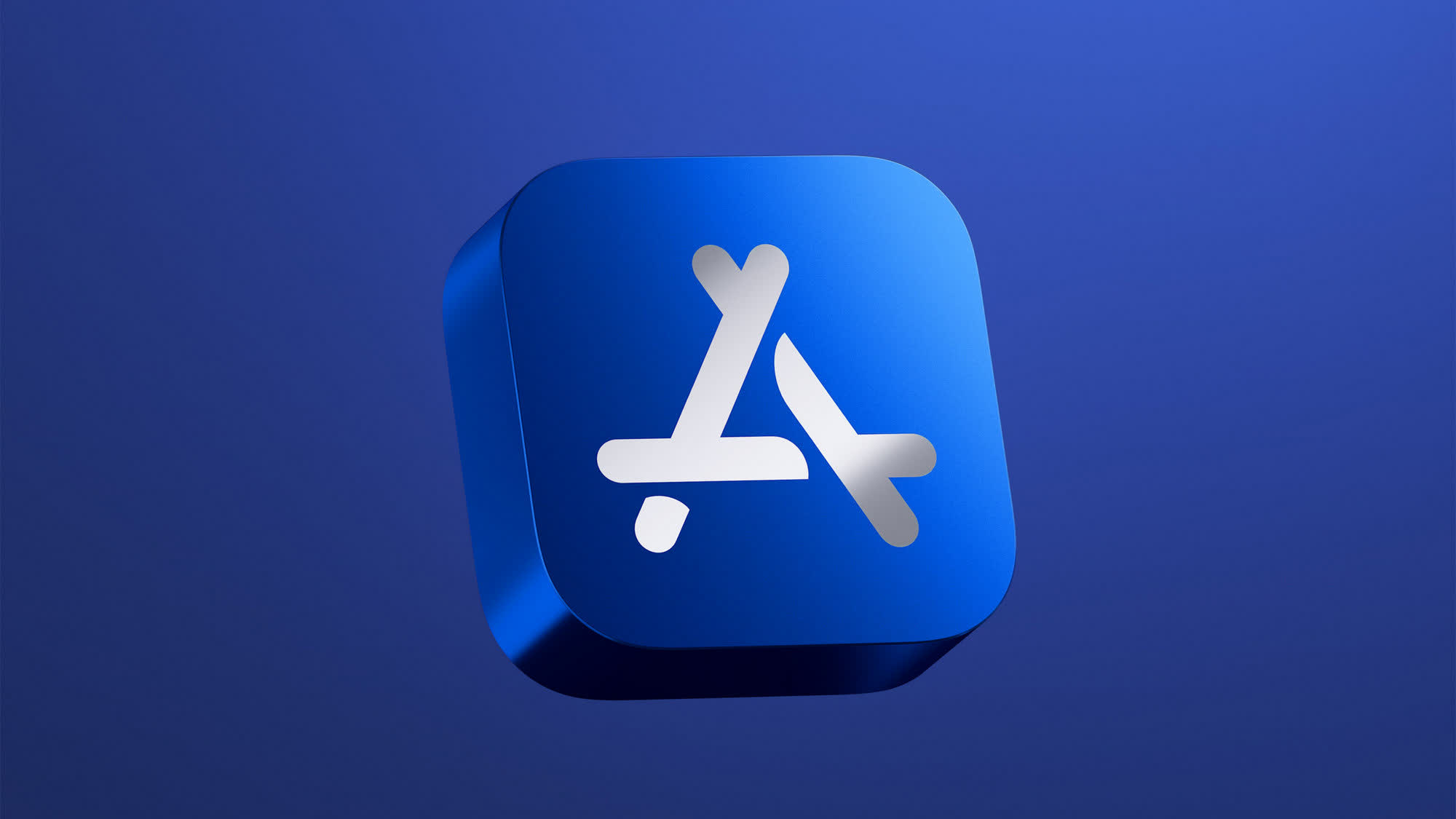Bottom line: A day after a federal judge ruled that Apple must allow developers to offer third-party payment options using in-app links, the Cupertino giant announced key changes to its App Store policies to comply with the ruling. The revised guidelines now allow app developers to provide external links or payment gateways for app purchases and subscriptions without paying Apple a commission.

According to Apple's revised guidelines, apps listed on the iOS and macOS App Stores will no longer be prohibited from including "buttons, external links, or other calls to action" that direct consumers to third-party payment options. However, the change only affects apps on the US App Store, meaning there will be no changes to the existing policies in overseas markets.
The guidelines were updated last year following a court ruling that ordered Apple to allow apps to include external payment options. However, Apple still charged a fee from developers for allowing them to offer third-party payment links. The latest change now removes that "entitlement" clause, allowing developers to accept payment through external sources without paying the so-called "Apple Tax."
The latest change now removes that "entitlement" clause, allowing developers to accept payment through external sources without paying the so-called "Apple Tax."

Spotify quickly embraced the new policy, releasing an app update that offers subscribers an external payment option. Calling Apple's policy reversal a "victory for consumers, artists, creators, and authors," the company said the revised guidelines would finally allow it to offer US consumers "lower prices, more control, and easier access to the Spotify experience."
The policy changes were announced a day after a landmark ruling by California District Court Judge Yvonne Gonzalez Rogers in the long-running antitrust case filed by Epic Games against Apple. In her decision, Judge Rogers criticized Apple for failing to comply with a previous court order and rebuked CEO Tim Cook and other executives for defying the court.
The judge had earlier ruled that Apple must allow developers to offer consumers external payment options without requiring them to pay Apple's standard 30 percent commission. However, Apple had attempted to circumvent the order by imposing a 27 percent commission on apps using external payment methods.
Apple's compliance with the ruling doesn't mean the company is taking the setback lying down. The company has openly stated they strongly disagree with the decision and plan to appeal the ruling in accordance with the law.
Apple revises App Store policy, allows third-party payments 'without tax' after losing in court